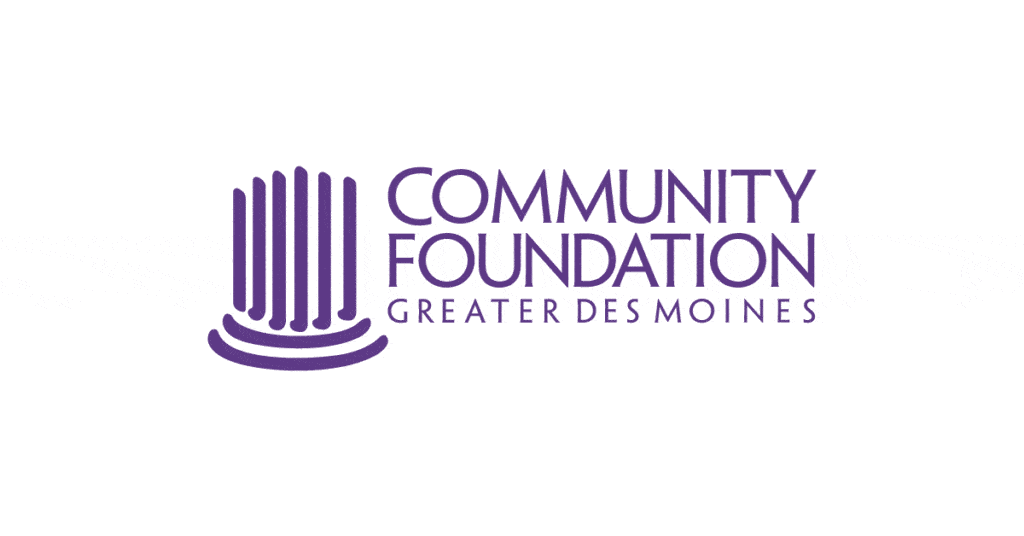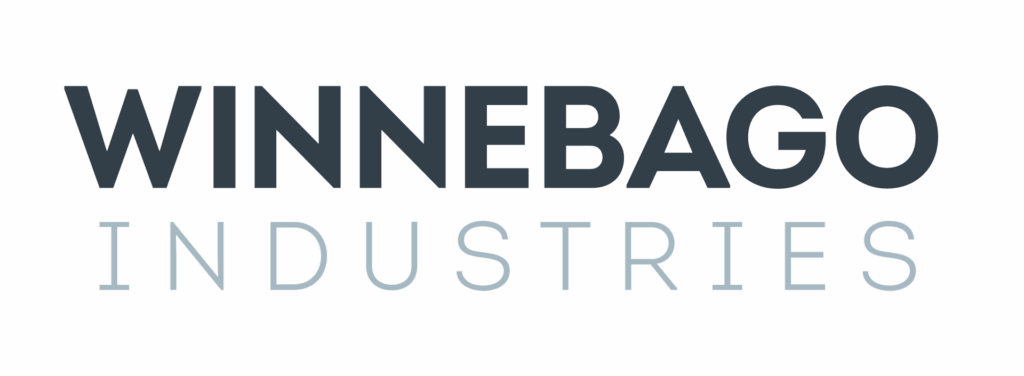United Way outlines ‘aggressive’ legislative agenda

JOE GARDYASZ Dec 15, 2017 | 5:27 pm
2 min read time
580 wordsAll Latest News, Arts and Culture, Economic DevelopmentWould any workers in their right minds ever turn down a pay raise? They might — and some Greater Des Moines employees anecdotally have — if they realize it will push their pay above the level at which they’re eligible to receive child care subsidies.
In Iowa, workers who earn more than 145 percent of the federal poverty level — for a family of four that’s just under $24,000 a year — lose their eligibility for federally subsidized child care support.
As a key part of its 2018 legislative agenda unveiled Thursday, United Way of Central Iowa is again asking the Legislature to increase that threshold to 200 percent of the poverty level — $49,200 for a family of four — so that more working families won’t have to choose between a pay raise and child care. That and other recommendations in the agenda address the “cliff effect” that workers can face when they lose their child care benefits and still aren’t making enough after their raise to afford child care.
The organization unveiled its full legislative agenda to about 140 Greater Des Moines leaders at a breakfast meeting Thursday at its Ninth Street Human Services Center.
“It’s an aggressive agenda this year for sure,” said Dave Stone, advocacy officer for United Way of Central Iowa. Many of the proposals are centered on initiatives to get more low-income residents to prepare for and compete successfully in the workforce, in alignment with the Future Ready Iowa Alliance recommendations.
The agenda includes 16 recommendations that align with the organization’s three primary policy goals centered on education, income and health that were established several years ago.
During the last legislative session, at least three bills addressing the cliff effect were introduced but did not advance, Stone said. “This year we’re buoyed by a recommendation to address the cliff effect by the Future Ready Iowa Alliance,” he said. “And we’ve been working with the governor’s office and key legislators to make at least some incremental changes toward a solution to this problem.”
For the first time this year, the legislative agenda also includes four recommendations in a new fourth policy area: essential needs. That fourth area includes proposals for a sales tax exemption for food banks and food pantries serving low-income Iowans, and also supports measures to expand affordable housing.
Among other proposals highlighted for community leaders during the breakfast event is a proposed repeal of a law that mandates an automatic suspension of driver’s licenses for Iowans convicted of nondriving drug offenses. Iowa is one of just 11 states that still have the 1991 law on the books, which is a holdover from the War on Drugs effort that imposed higher penalties for drug offenses, Stone said.
“Really what it does is throw a barrier up for those who are returning from incarceration into our communities,” he said. United Way estimates that about 5,000 Iowans each year who are on probation or parole are driving illegally because they have no other option for getting to work or for meeting other obligations.
Some other policy recommendations in each area include:
- Education – Support the recommendation of the Future Ready Iowa Alliance to identify and scale early academic and career development and delivery approaches through new investments so PK-12 students are career-ready.
- Income – Support $12.5 million in funding for adult basic education, PACE (Pathways for Academic Career and Employment) and GAP (tuition assistance) programs.
- Health – Support data tracking to improve the physical health of students.









